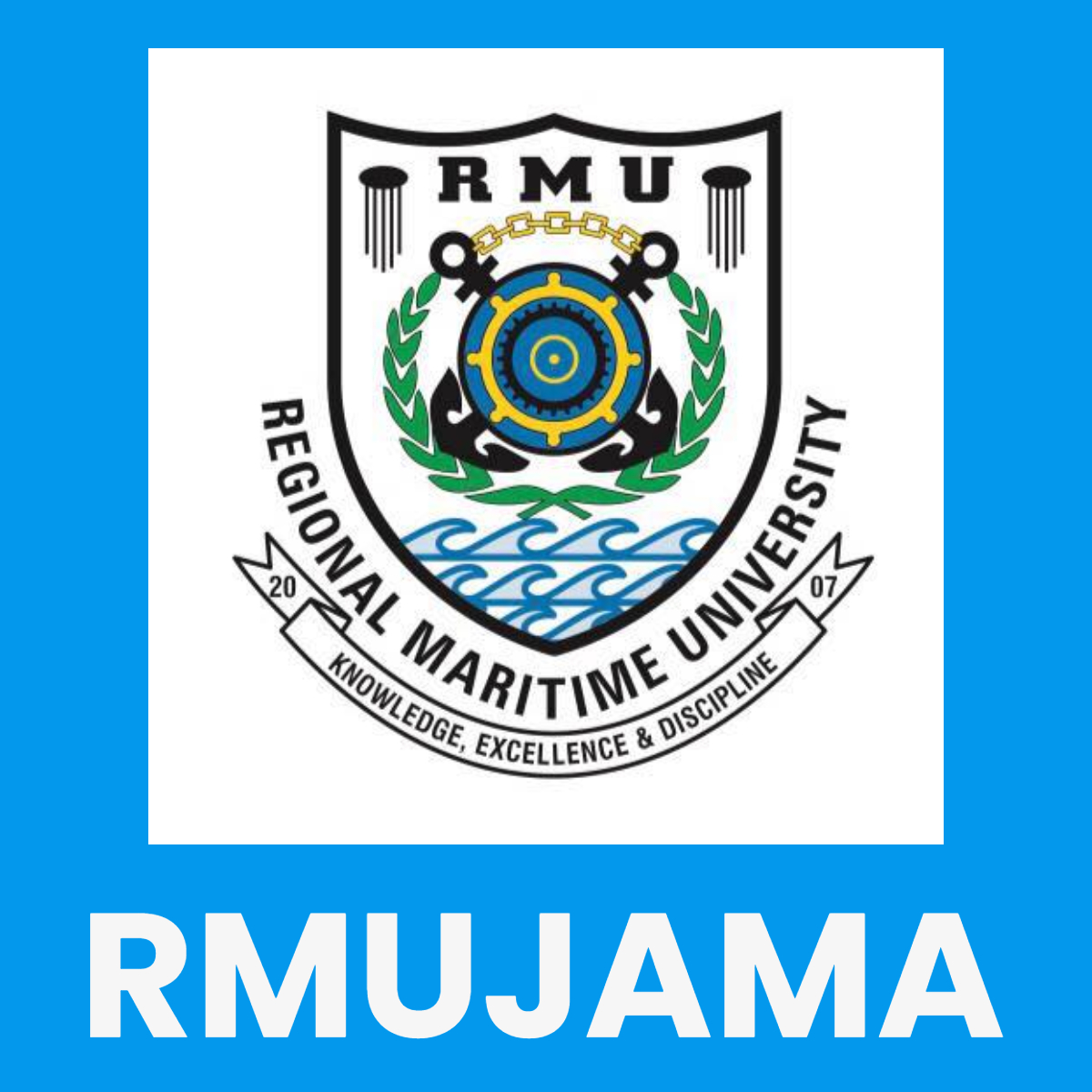AI EFFECT ON CONTAINER TERMINAL OPERATIONS AND RESPONSIVENESS: EXPERIENCE FROM TANZANIA PORTS
Abstract
Purpose: This study examined the moderating effect of artificial intelligence (AI) on links between container terminal operations and responsiveness of service delivery as constructs based on the empirical evidence drawn from Tanzania’s port operations. Design/methodology/approach: Data came from structured questionnaires administered to 349 port stakeholders drawn from a population of 2,222 agents based in four selected Tanzania ports using simple random sampling. The sample size is 21 more respondents or 6.4 percent above the originally projected sample of 328, hence further enriching the quality of the study. The resultant data enabled hypotheses testing using Structural Equation Modelling (SEM) through Smart PLS 4.0 and SPSS version 27. Employing a positivist philosophy and deductive approach coupled with an explanatory design and quantitative method, the study used the Systems Theory (ST) to operationalize the interactions of the three constructs. The study proceeded from the assumption that there has been no extensive research model that had hitherto compounded the joint effects of this triad of constructs. The results indicate that container terminal operations have a significant positive impact on the responsiveness of TPA services’ delivery with the moderated relationship of AI accounting for higher positive significant effects. Moreover, the Importance-Performance Matrix Analysis (IPMA) results indicate that container terminal operations have the highest levels of both importance and performance in predicting TPA’s responsiveness. As the study provides strong empirical evidence confirming that container terminal operations positively influence TPA’s responsiveness. Additionally, the study expands the ST dimensions. The results shed light on potential areas for further improvement by Tanzania Ports Authority and other Stakeholders from both public and private sectors to enhance TPA’s responsiveness. Also, the study findings have implications for relevant policies including The Ports Act 2004, National Transport and Trade Policies of 2003, and the Agenda 2063 The Africa We Want which need further streamlining to be in sync with the demands of modern port operations. This research has identified dimensions of container terminal operations and determined the moderating effects of AI in addition to examining their impacts on TPA’s responsiveness.
